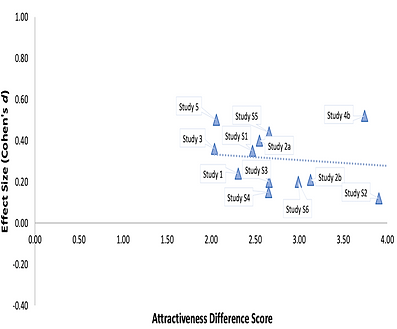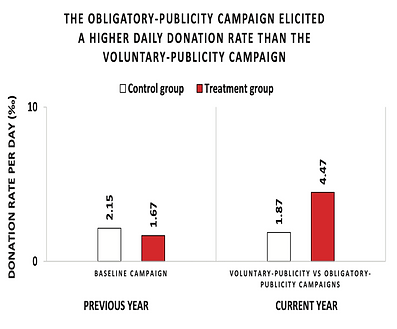

Theories of human behavior rely on numerous assumptions, implicit and explicit. When behavioral scientists observe robust behaviorial phenomena that puzzle them for decades, questioning those assumptions can bring us closer to the answers. This is where most of my research starts—an attempt to challenge, investigate, and revise the fundamental assumptions behind behavioral and psychological theories. In many cases, these efforts have led me to clearer answers and novel insights into behaviorial phenomena. Below are some highlighted examples from my past and current work.


Adelle Yang & Jasper Teow (forthcoming), Journal of Experimental Psychology: General.
Are decision-induced preference changes indeed caused by cognitive dissonance?
When we examined the effect of choose-reject framing on decision-induce preference changes, we found an unexpected answer to a 70-year-old debate in social psychology—decision-induced preference changes are better predicted and explained by action-based self inferences than by dissonance theory.

Adelle Yang, Sijin Chen, & Yu Gu. Manuscript in Preparation.
Do people always prefer faster AI, all else equal?
We report a finding that contradicts widespread beliefs about human preferences for the decision speed of Artificial Intelligence (AI). In a series of preregistered experiments, we show that people evaluate AI more positively when it is slower at resolving a moral tradeoff than a structurally identical yet non-moral decision.

Adelle Yang & Oleg Urminsky (2023). Journal of Marketing Research.
Do we really make more "patient" decisions for others than for ourselves?
We propose a general self-other decision model based on distinguishing the role of reaction utility from vicarious utility in shaping self-other decisions. We then test main predictions of this model with intertemporal choices (i.e., choice between smaller-sooner and larger-later options). We find that the anticipation of interpersonal reaction, an affect-rich component in the decision-making process, leads people to make generally less "patient" decisions for others than for themselves.

Adelle Yang & Chris Hsee (2021). Journal of Consumer Research.
Are people more likely to take part in charity campaigns when allowed to publicize their good deed?
We find that charity campaigns recruit more participants when the publicity of a good deed is obligatory rather than voluntary. Across diverse contexts, including fundraising campaigns, volunteer work recruitment, and a large-scale blood drive, facilitating and encouraging publicity does not increase campaign success. Campaign success increases when publicity is required.